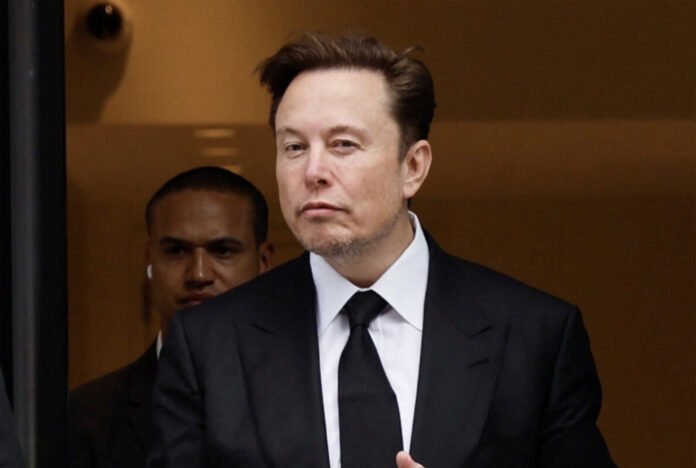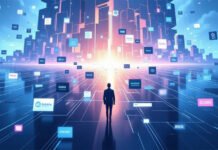In a bold statement that’s sparking global debate, Tesla and X Corp CEO Elon Musk has once again ignited discussions about humanity’s future. During a recent interview, Musk warned that “working may soon become optional” — a prediction rooted in the rapid advancement of artificial intelligence (AI) and robotic automation.
“We’re approaching a time where machines can perform almost every human job better than humans,” Musk said. “That means work will become a choice, not a necessity.”
🔹 A Future Without Traditional Jobs?
Musk’s remarks suggest that AI-driven automation could soon transform industries across the globe — from manufacturing to law, from transportation to journalism. Many experts agree that the next decade may witness an unprecedented wave of automation, replacing millions of traditional roles with machines that think, learn, and act autonomously.
While this paints a picture of leisure for some, others see an impending crisis of economic inequality and identity. If machines do most of the work, what becomes of human purpose?
🔹 The Case for Universal Basic Income (UBI)
Musk’s vision aligns with his long-time advocacy of Universal Basic Income (UBI) — a system in which governments provide citizens with a regular income regardless of employment status.
“If AI takes over the jobs, then we need a safety net for people to live comfortably and pursue what they love,” Musk noted.
Countries like Finland, Canada, and India have already experimented with forms of UBI. However, the challenge lies in funding such a system and restructuring economies to sustain it long-term.
🔹 Creative and Personal Pursuits in the AI Era
For many, the rise of automation may free humans from monotonous work, opening doors to creativity, innovation, and self-fulfillment. Musk suggested that people could “spend time growing vegetables, painting, or exploring science,” hinting at a more holistic future where technology empowers human happiness.
🔹 Critics Warn of Societal Disruption
Not everyone shares Musk’s optimism. Economists and sociologists warn that mass job loss without adequate safety nets could deepen social divides. Automation might disproportionately affect blue-collar workers and developing nations where industries rely heavily on human labor.
“AI’s benefits won’t be evenly distributed,” said MIT researcher Dr. Leah Kim. “We must ensure policies protect those most vulnerable.”
🔹 India’s AI Opportunity
For India, one of the world’s largest labor markets, Musk’s statement carries both a warning and an opportunity. With the government pushing “Digital India” and “Make in India” initiatives, experts believe the country could lead in AI-driven industries — if it invests in education, upskilling, and ethical AI development.
“Automation is coming, whether we’re ready or not,” said NASSCOM analyst Raj Menon. “India needs to evolve from a service-driven economy to a skill-driven innovation hub.”
🔹 The Road Ahead
Whether Musk’s prediction becomes reality or not, one thing is clear — the nature of work is changing faster than ever before. AI isn’t just a tool; it’s becoming a collaborator. The world must prepare for a future where productivity and creativity are no longer confined to human effort alone.
As Musk summed it up:
“The future could be beautiful — if we learn to live with the machines we create.”
















